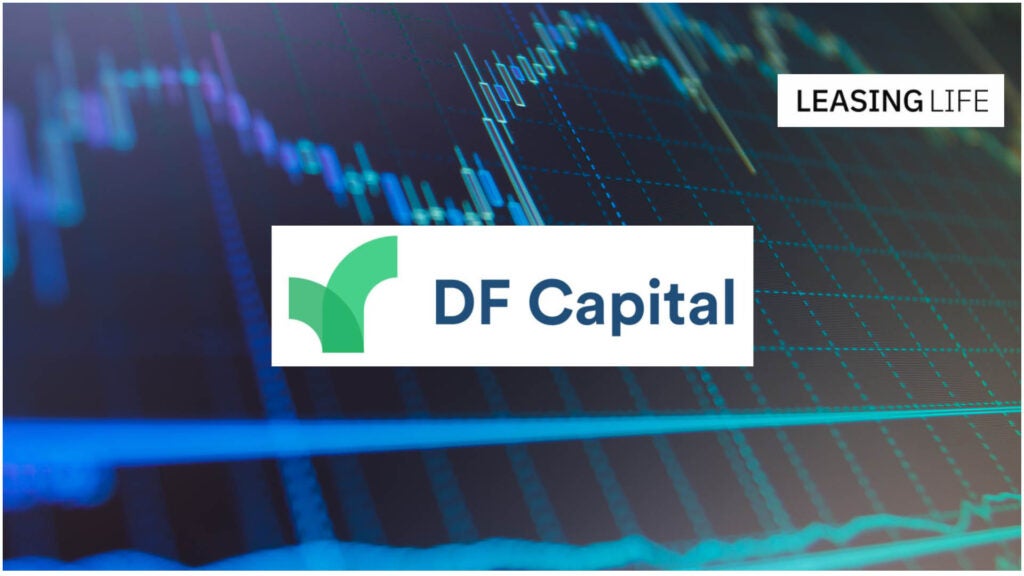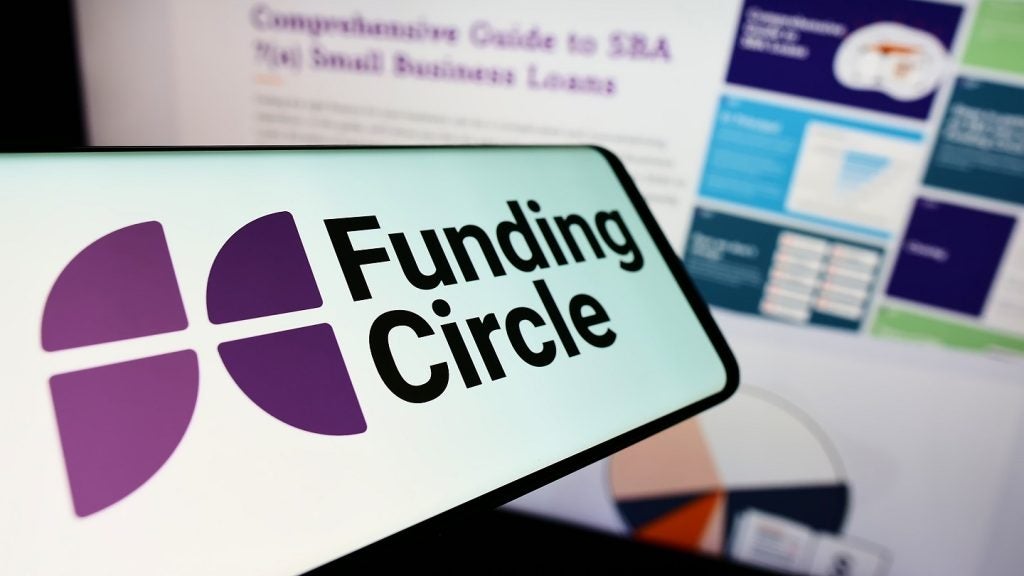New leasing laws in France have meant greater certainty in
tax-based leasing.
In France, two tax-based finance lease structures, namely the
Single Investor Tax Lease structure and the Article 39C Tax Lease
structure, promise attractive benefits for French and overseas
operators.
These structures rely on the ability of the lessor to offset
losses created by accelerated tax depreciation in the early years
of the lease against profits of the lessor’s shareholders and can
be implemented to finance any asset that qualifies for depreciation
on a reducing balance basis.
Certain ‘green’ assets qualify for 100 percent tax depreciation.
This is of particular interest to companies interested in renewable
energy, a market that is increasingly active in France.
Generally, these structures involve the lessor acquiring new
assets – subject to an exception in respect of ships – and leasing
the asset to the lessee by way of a finance lease, with an option
for the lessee to acquire the asset at the end of the term.
At the end of the lease, the asset may be sold to the lessee and
the capital gain realised on the sale will be subject to French
corporation tax. Such costs may be almost eliminated by
transferring the shares in the lessor, rather than the asset, to
the lessee.
How well do you really know your competitors?
Access the most comprehensive Company Profiles on the market, powered by GlobalData. Save hours of research. Gain competitive edge.

Thank you!
Your download email will arrive shortly
Not ready to buy yet? Download a free sample
We are confident about the unique quality of our Company Profiles. However, we want you to make the most beneficial decision for your business, so we offer a free sample that you can download by submitting the below form
By GlobalDataSingle Investor Structure
The lessor in a Single Investor Structure must be a
special-purpose vehicle subject to French corporation tax. Banks
and corporate groups in France having available tax capacity will
find this structure attractive.
No restrictions apply in relation to the location, operation or
registration of the asset, or the lessee assisting companies
seeking to finance assets located around the world. This structure
is easy to implement and quite attractive to French banks because
the tax deductibility of losses is not subject to any cap.
Article 39C Structure
The Article 39C Structure utilises a tax transparent partnership
(a societe en nom collective) to enable the losses created
in the early years of the lease to be offset against profits of the
members. Banks, corporate investors or the lessee can be partners
in the lessor. This provides the possibility of spreading the
benefits across different groups.
The assets must be located (or in the case of movable assets,
registered) in France or a European Economic Area (EEA) country
with an appropriate double tax treaty with France. Specific tax
rules exist in France to determine whether an asset is operated in
an EEA country.
The tax deductibility of losses at member level is subject to a
cap (except for the lessee if it is also a member), although any
losses restricted in this way become deductible in the fourth
financial year.
Members are also prevented from deducting losses in excess of 25
percent of their group’s taxable profits in the first 12 months.
There is discussion on whether these restrictions will apply to
losses deriving from the depreciation of ships during the
pre-delivery period or to losses deriving from ‘green’ assets,
which may make this type of lease more advantageous for these
assets.
The future
The combination of high net benefits and, following the French
Tax Authorities’ official comments on Article 39C of the Tax Code
in April 2008, greater certainty in tax legislation makes France an
attractive alternative for tax-based leasing.
We have seen transactions concluded under both regimes and there
has been increased interest in the structures from French and
overseas investors.
Deal flow has been slow with the credit crunch, but banks and
companies are using this time to consider their options under the
new regime and possible enhancements to the structures, for
example, by combining the schemes with the French tonnage tax
rules.
It should be remembered, however, that because prior approval
cannot be obtained from the French Tax Authorities, Single Investor
and 39C structures must be carefully analysed to ensure that they
will not be challenged as an abuse of law.
Lindsey Keeble
The author is an England- and Wales-qualified solicitor
based in Paris.







